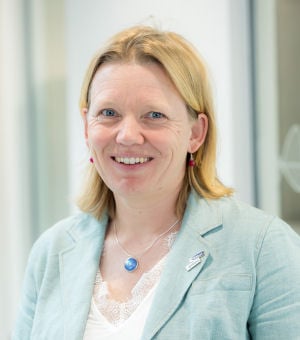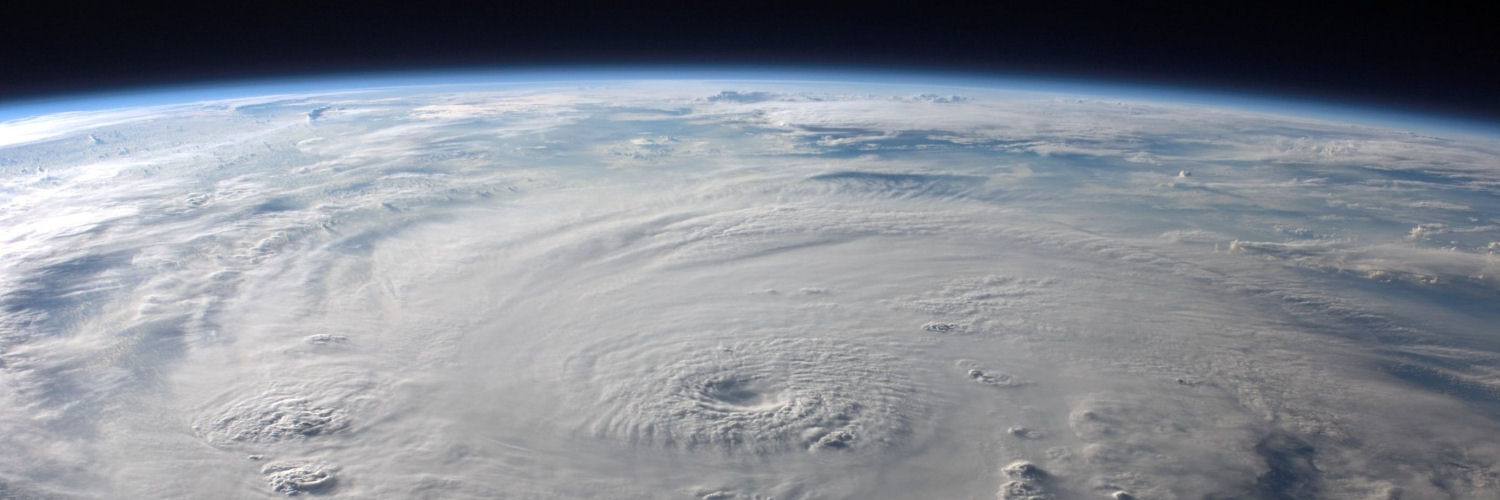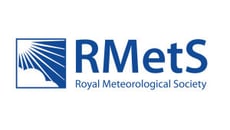Sylvia Knight, Head of Education at the Royal Meteorological Society |
The impact of the climate crisis on the natural world is much talked about and researched – some things we can already see happening, some things we understand, some we don’t. In 2022, the World Bank estimated that 37% of the mitigation required by 2030 could be achieved by nature based solutions such as changing agricultural practices, planting or restoring trees, kelp and mangroves. Many of these solutions have co-benefits for local ecosystems. In a similar way, some of the schemes being introduced to protect people from the impacts of climate change also help wildlife. In the UK, for example, saltmarsh, peatland and river restoration projects reduce flood risk as well as potentially significantly improving local habitats.

Whilst the Natural History GCSE is not and should not be a ‘climate change GCSE’ (in my opinion, the Statistics GCSE is actually best placed to be delivered entirely within a context of climate change), the inherent and intrinsic links between climate change and the natural world, in terms of impacts, adaptation and mitigation, are too numerous for climate change not to be near the core of the new qualification.
The Royal Meteorological Society (RMetS) is the UK’s Professional and Learned Society for weather and climate. We believe that every student should leave school with the basic climate literacy that would enable them to engage with the messages put forward by the media or politicians or to make informed decisions about their own opportunities and responsibilities when it comes to climate change mitigation and adaptation, and also to equip them with the knowledge and skills required for the green jobs of the future.
Climate Literacy
In 2022, we worked with Ipsos to inaugurate an annual climate literacy survey of school leavers (16 year olds) in the UK. At the time, there were many calls from young people, scientists, policy makers and others to improve climate literacy, but there didn’t seem to be any well sampled, representative evidence of current literacy against which to assess changes over time. Whilst the first data set from 2022 was quite limited in scope (because of the ongoing impact of the Covid pandemic on schools) the two findings that most surprised me were that most young people did recognise that they had been taught about climate change recently in school and, concerningly, that almost none understood the 1.5°C global warming limitation target.
Anxiety and Apathy and Green Careers
Whilst concerning levels of climate or eco anxiety are reported by our young people, there are also a significant number who do not recognise the relevance or significance of global warming to them as individuals or the world as they know it. For both the anxious and the apathetic, it is crucial that we highlight the opportunities for action – whether that’s mitigation or adaptation, and the broad range of careers that will either need to change because of climate change or be created as we look for solutions.
We’re now supporting the exam boards and policy makers to make sure that all the opportunities to improve the climate literacy of our young people within the current curricula of the UK, as well as the exam specifications, are used.
At the same time, we’re developing a climate change concept association tool for those developing new curricula, schemes of work, etc. This may be of particular relevance to the Natural History GCSE, offering new insights into the ways in which different topics can be linked and into which related concepts could be considered.
Quality Control
There are a lot of high-quality classroom resources and other teacher support materials covering climate change, sustainability and biodiversity. Unfortunately, there are far more which are inaccurate, propagate misconceptions, are out of date or irrelevant to students. Recognising this, we worked together with the National Climate Education Action Plan group to devise a quality control framework which resource developers can use to make sure that anything new is as good as possible. At the same time, some are choosing to ask us to assess their resources against the framework. All the climate change resources included in the National Education Nature Parks, for example, will carry the Quality Control badge.
Last year, the DfE’s Sustainability and Climate Change Education Strategy stated a vision that ‘the United Kingdom is the world-leading education sector in sustainability and climate change by 2030.’ Whilst I might not share that vision – if only because I hope that other countries are prioritising climate change education at least as much as ours – I remain optimistic that we can make real and rapid improvements to the climate literacy of the young people in UK schools.
Sylvia Knight
Sylvia Knight is Head of Education at the RMetS, where her responsibilities include supporting the teaching of weather and climate in UK schools and colleges. She’s also a visiting Professor at the University of Reading. RMetS classroom resources are all freely available at www.metlink.org and some of our CPD resources for geography teachers are included in the Come Rain or Shine FutureLearn course.
Keep up to date with our proposed GCSE in Natural History and other OCR Natural History news by signing up our email newsletter and updates. You can read back issues of our Natural History newsletter here.


